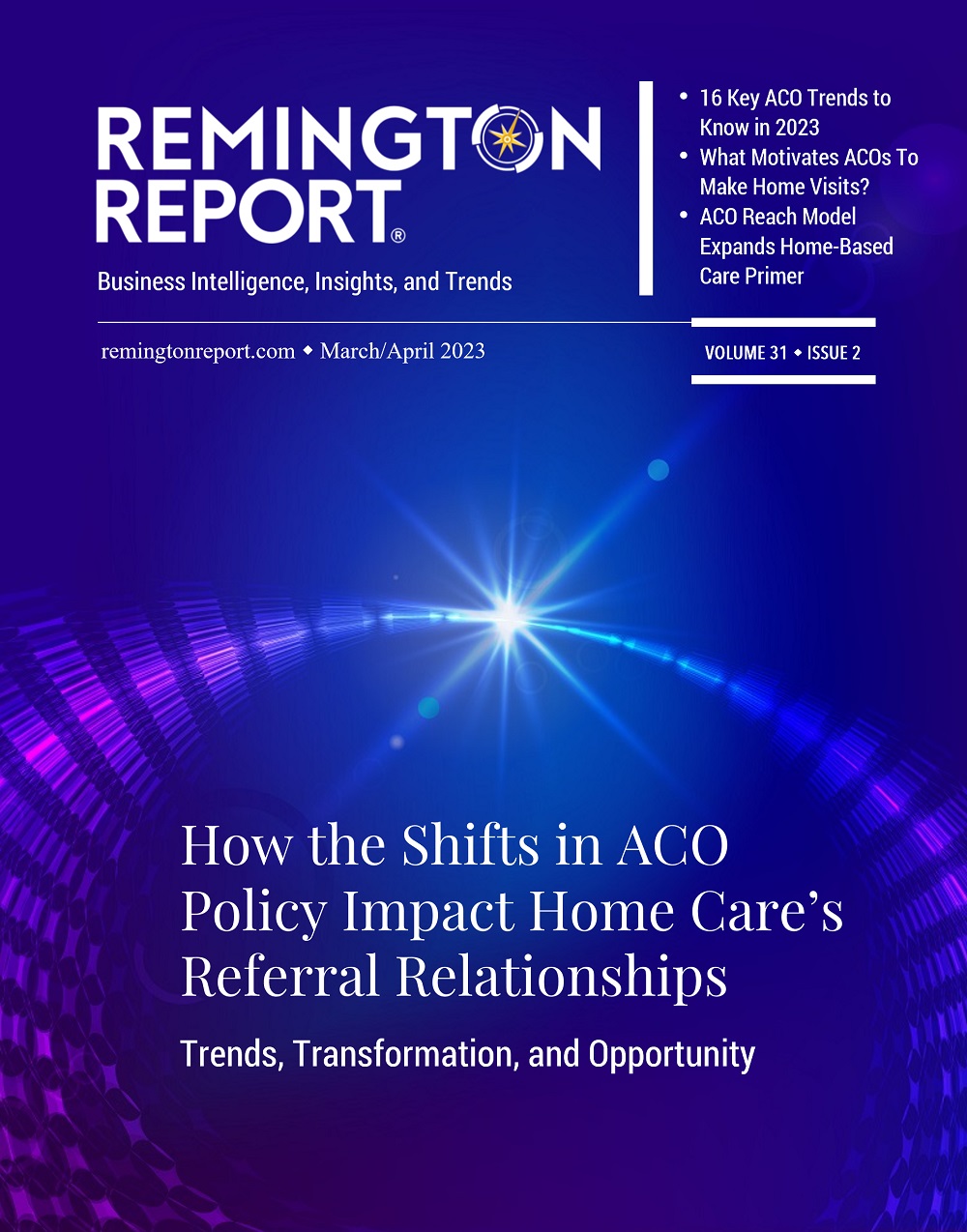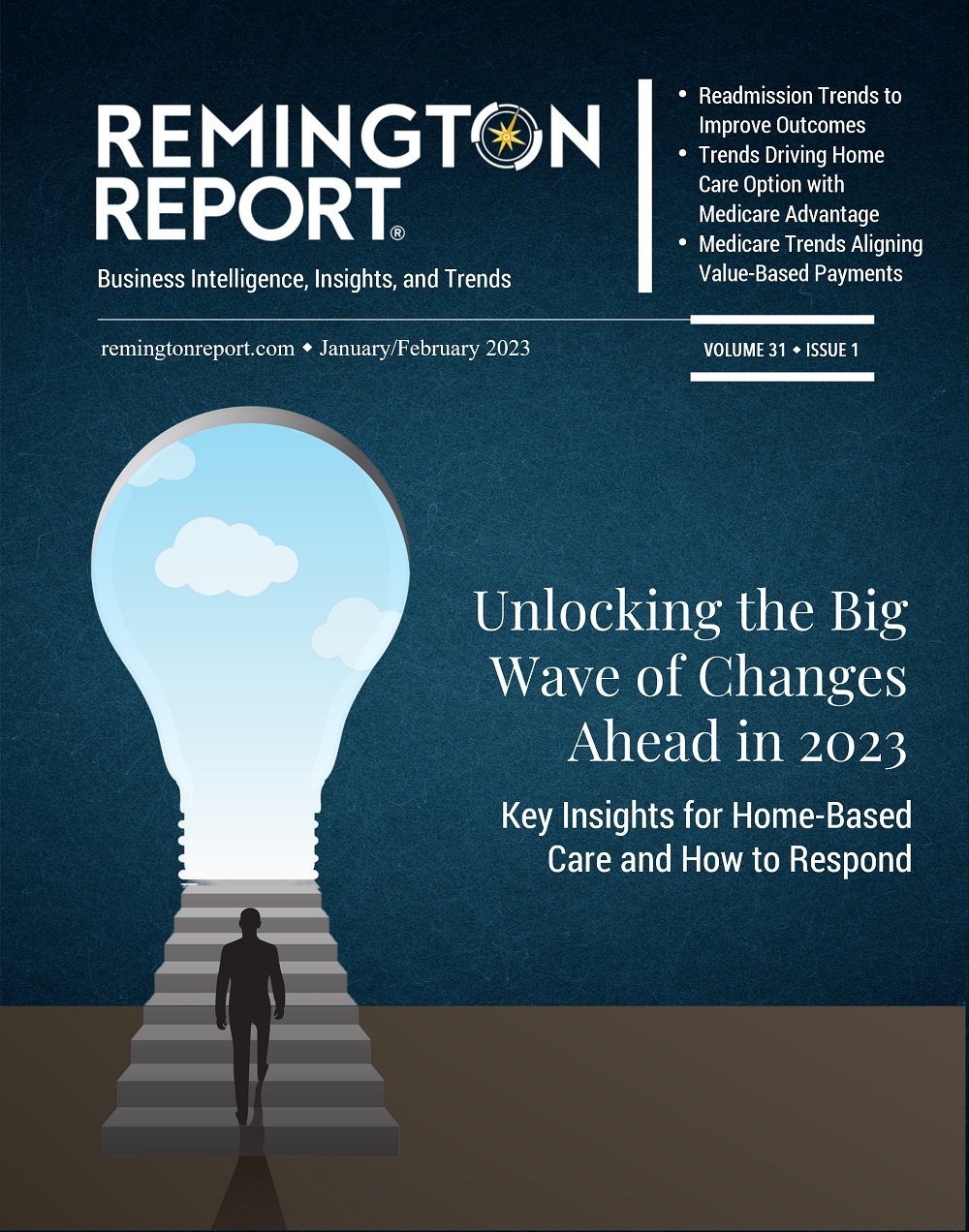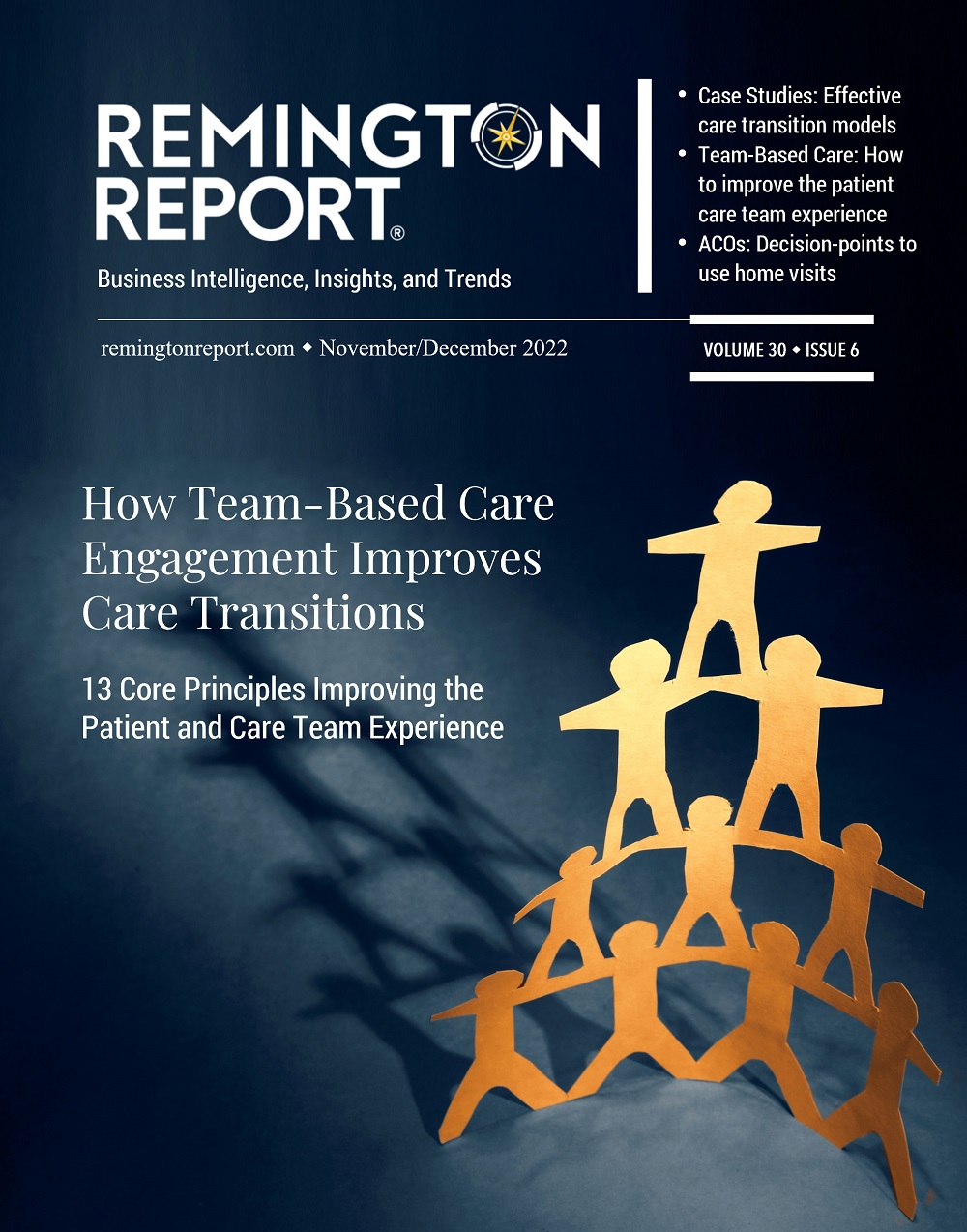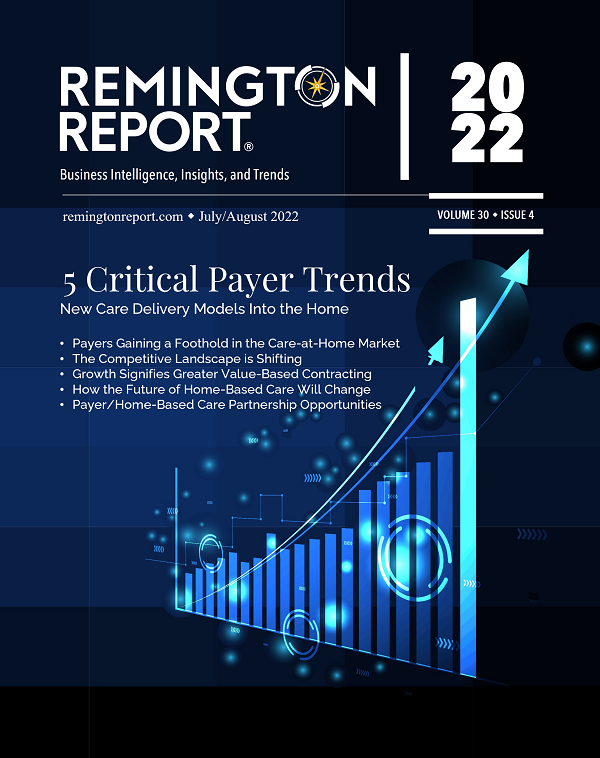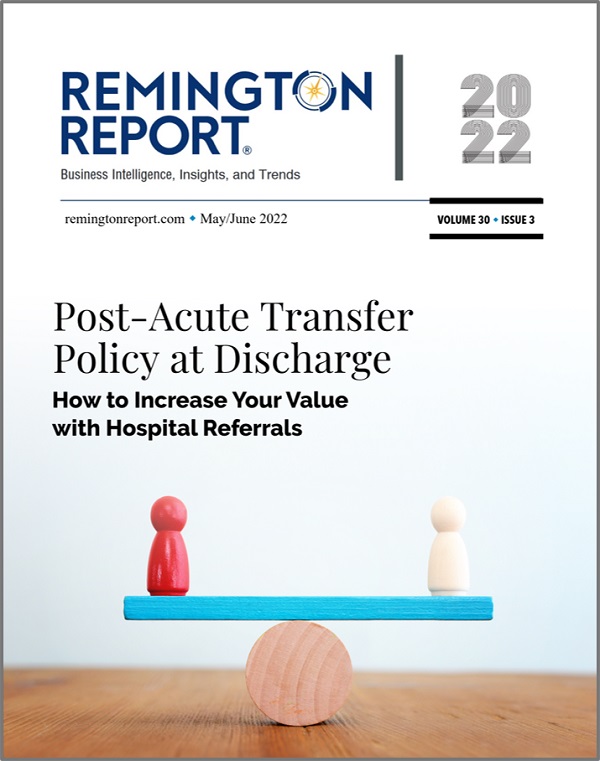Caregivers have a very “hard row to hoe.” Caregiving is physically, emotionally, intellectually, and spiritually demanding. Is it possible that enhanced assistance for caregivers can positively impact quality of care? Intuitively, the answer to this question seems to be “yes.” What additional assistance may be helpful and can providers offer it?
Here are some initial ideas for helpful assistance:
- Caregiver support groups
- More intensive education about patients’ clinical conditions with an emphasis on signs and symptoms of changes in patients’ conditions, and what to do about them
- Assistance from volunteers, especially for patients who are chronically ill
The next question is whether providers can offer additional assistance, such as the activities described above. Providers must bear in mind that this issue has been addressed by the Office of Inspector General (OIG) of the U.S. Department of Health and Human Services, the primary enforcer of fraud and abuse prohibitions. The OIG has clearly stated that providers may not give patients or potential patients free items or services that cost more than $15.00 at a time or more than $75.00 in aggregate per calendar year.
A key way for providers to assist may be to collaborate with charitable organizations in the community. Agencies may, for example, be able to work with organizations to provide trained volunteers to assist caregivers on a regular basis. OIG Advisory Opinions make it clear, however, that collaborations between providers and charitable organizations must be legitimate; relationships can’t be “shams.”
Now the Centers for Medicare and Medicaid Services (CMS) has announced that it is rolling out a new program called the Community Care Corps. The Corps will encourage use of volunteer caregivers for older adults and disabled individual living in communities. Beginning in the summer of 2020, CMS will fund local groups to run community programs of volunteer caregivers.
The goal is to use volunteers to supplement care now provided by family members and paid caregivers. Local community groups will receive grants ranging from $30,000 to $250,000 to encourage use of volunteers. Information provided by CMS says that volunteers will not provide any “medical support,” but may provide respite care, cook meals, visit, and help with housekeeping, minor home repairs and running errands. A possible drawback is that Congress has funded the program for only one year, at least so far.
Providers should, therefore, identify local groups that receive grants under the Community Care Corps program and, if possible, collaborate to provide more support to caregivers, especially long-term caregivers.
Copyright © 2020 Elizabeth E. Hogue, Esq. All rights reserved. No portion of this material may be reproduced in any form without the advance written permission of the author.
Elizabeth Hogue is an attorney in private practice with extensive experience in health care. She represents clients across the U.S., including professional associations, managed care providers, hospitals, long-term care facilities, home health agencies, durable medical equipment companies, and hospices.



